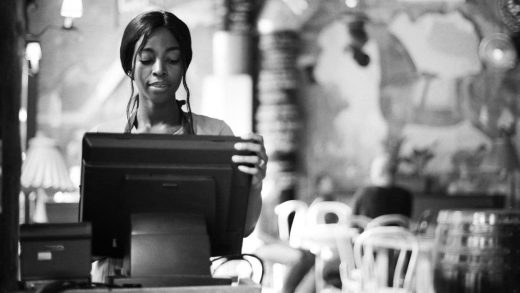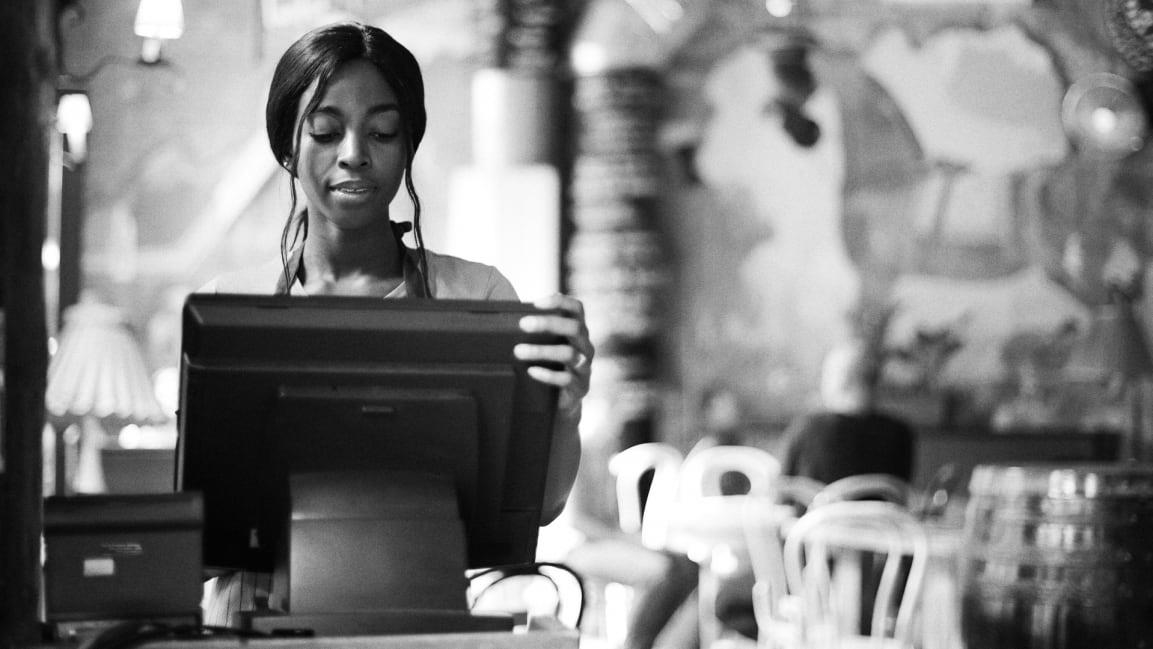The 15% pledge takes retail chains like Whole Foods and Walmart to task for lack of representation
A New York City entrepreneur wants major retailers across the United States to commit to buying 15% of their merchandise from black-owned businesses—a campaign dubbed the 15 Percent Pledge.
“So many of your businesses are built on Black spending power,” Aurora James, founder of the Brooklyn boutique Brother Vellies, wrote on Instagram two days ago. “So many of your stores are set up in Black communities. So many of your sponsored posts are seen on Black feeds. This is the least you can do for us. We represent 15% of the population and we need to represent 15% of your shelf space.”
James launched the campaign on Instagram on Saturday by @-ing Whole Foods, Target, MedMen, Walmart, Saks, Sephora, Net-a-Porter, Barnes & Noble, and The Home Depot.
Fast Company emailed all nine companies for comment, but none immediately replied.
James explained that this pledge is a way for retail giants to help small businesses, which in turn can transform into larger ones. Those burgeoning African-American-owned companies then can give back to their communities, fueling the cycle of growth.
“All those I tagged specifically should be able to come to the table with what they’re willing to contribute. Just doing an IG post and saying your heart is breaking is not enough,” she told Fast Company. “I know how to do this. I started my business from scratch. I know how to be a vendor with one of their companies. Every roadblock, I’m willing to sit down and figure out. And there are a whole slew of people that will also help make this happen.”
James, who started her business with $3,500 at a flea market and has since sold millions of dollars of merchandise, estimates that the 15 Percent Pledge could put $14.5 billion back into African American communities.
“These people need to step up,” she said. “We need long-term commitment. . . . It’s not a big ask.”
Right cause, right time
To Ron Busby, president and CEO of Washington, D.C.-based U.S. Black Chambers, this is the right time for a campaign such as the 15 Percent Pledge, because of the confluence of economic suffering due to the COVID-19 pandemic, the fury attending George Floyd’s death, and the institutional racism he sees from the nation’s capital.
Getting more merchandise from black-owned businesses into large national chain stores will make it easier for African-American shoppers who seek them out as well as introduce the goods to a broader audience. The more items sold, the more money these businesses make, which they can then put back into the community.
“It’s a great start,” Busby said. “Corporate America needs to make sure it not only gives us shelf space, but also other resources we need to provide the products to go into the big box stores, everything from marketing to inventory control and, most importantly, access to capital.”
According to a McKinsey report released in April, minority-owned small businesses are most likely to run into financial trouble due to the current pandemic.
“Many were in financially precarious positions even before COVID-19 lockdowns, and minority-owned small businesses often are in industries more susceptible to disruption,” the report explained. “Ensuring that these businesses survive in the current circumstances will require fundamental shifts in how private-, public-, and social-sector organizations come together to support them.”
Experts from across the business world have advised several ways to help black-owned businesses:
(33)



